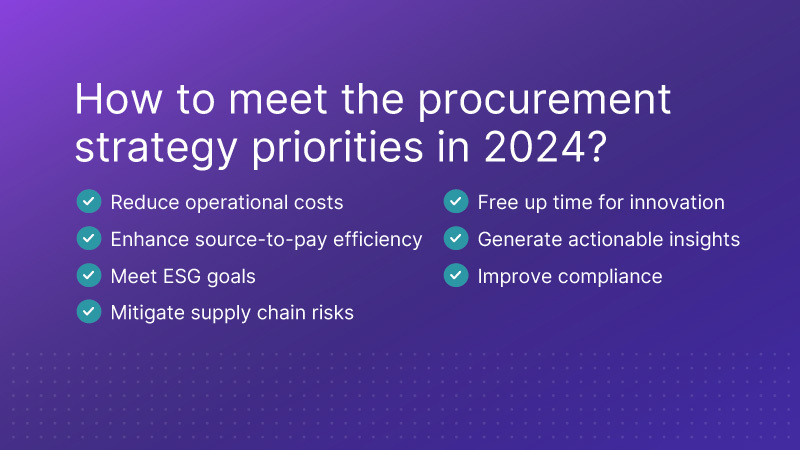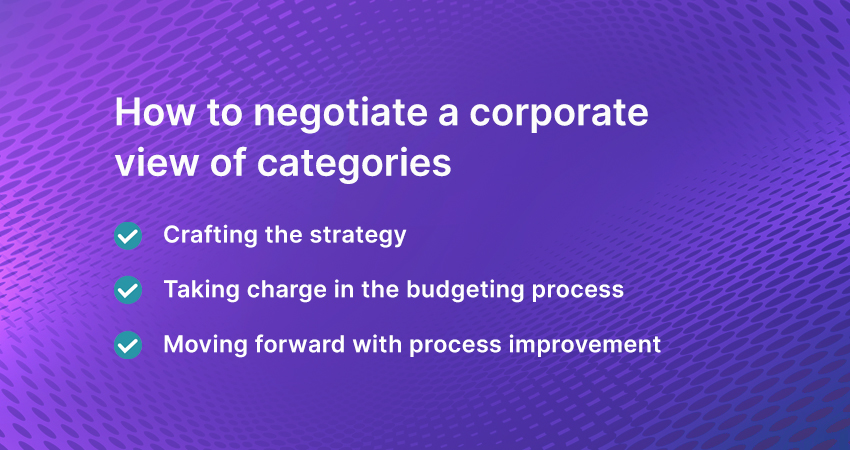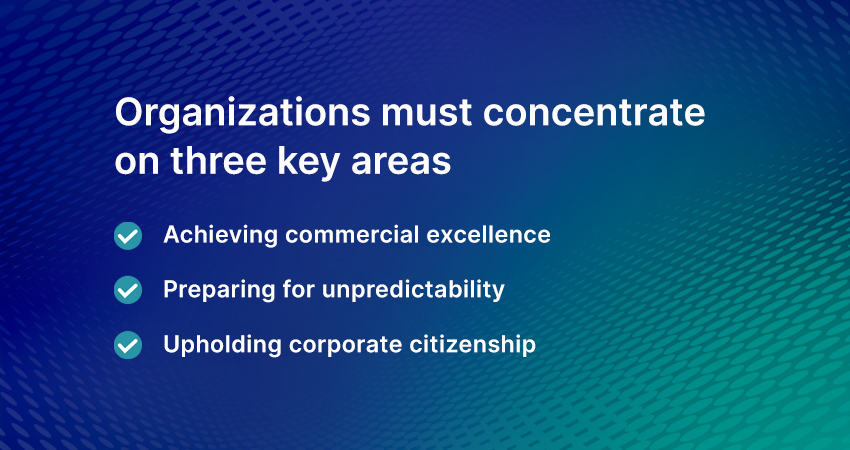
The Leaders' Corner: Negotiation -- an increasingly necessary skill

(Netshoes is a sports and lifestyle online retailer in Latin America)

The notion of negotiation is gaining prevalence in our daily lives and in a wide range of professions. Given the nature of the globalized and increasingly faster world in which we live, negotiating has become ubiquitous in all corporate roles/positions.
Owing to these constant changes in the global scene and a step-up in challenging objectives within organizations, quick and sound decision making as well as conflict resolution through negotiation have been gaining ground and importance.
In order to ensure a successful agreement, the negotiator must possess in-depth knowledge of what is to be negotiated. Moreover, he (or she) must study and understand the supplier/client, the closing date, the financial target and negotiation restrictions (should there be any).
A crucial characteristic of an effective negotiator is his/her interpersonal expertise. He/she must possess a particular style, while refrain from emotional attachment to the negotiation and/or its participants.
One who goes to the negotiation table/meeting should not see the other party as an adversary, but as another ‘player’ who is trying to solve a similar problem.
In this context, flexibility becomes paramount in order to solve eventual stalemates. In addition, the negotiator must display confidence and knowledge on all matters in question. That way, the other party will tend to be more careful while making observations, raising objections and even when proposing financial targets, as misunderstandings and ambiguities can negatively affect their credibility in the negotiation.
A good negotiator must always consider these three points when formulating questions: What he/she wants to know, how to ask and how to apply the information gained to his/her favor.
Besides carefully devising questions, there are six basic rules to positively begin a strategic negotiation.
1. Rank order the priorities
It is very important to rank the goals and priorities before initiating a negotiation. If low price or cost savings is your main objective, you must focus on cost when conducting the negotiation. If the process is not cost sensitive and your main objective is the quality of the service, a different approach is necessary. To summarize, it is very important to understand and rank the priorities of any negotiation before starting it to focus your speech on the goals.
2. Always take the initiative
Commonly, the one who controls negotiations from the beginning tends to control its outcome. If you let the supplier/client begin the negotiation, you may end up relinquishing control, often without even realizing it.
3. Keep it cool
The negotiator must act calm and be in control of himself/herself at the negotiating table or meeting, regardless of stress, agendas, egos, emotions or priorities. Great negotiators know how to keep a level head, providing solutions and remaining in the lead in any situation.
4. Formalize negotiations in writing
Many negotiators make the mistake of discussing the terms and conditions of an agreement or contract without committing themselves to signing a written document. The negotiator must aim for a formal written agreement, recording all the terms in detail.
5. Stay on your turf
Being in his/her office can be helpful and empowering to a negotiator, as people are generally more confident and at ease when on familiar ground. Therefore, try scheduling strategic negotiation meetings at your company.
6. Clarify your target prices (if applicable) and walkaway terms
Your target price is what you are hoping for and the walkaway terms are your ‘guarantee’ to avoid future surprises – this is why it is so important to set your target prices and clarify all the walkaway terms and/or penalties during the negotiation.
When those contexts are translated to the corporate world, we can safely affirm that knowing how to negotiate is currently the most necessary skill for a supply team.
A negotiation is not a competition where one wins and the other loses. In order to ensure a healthy relationship between the negotiator and the other party, it is imperative to always seek a beneficial agreement, where both parties secure a satisfactory degree of success.
Negotiating is exchanging—if there is no exchange, there is no negotiation. When one of the parties makes a concession, the other will be expected to do so as well.
It is of utmost importance that the professional in charge of negotiations be prepared and know for sure what he/she is willing to give up.
At the end of a successful negotiation, all participants should have a feeling of accomplishment or at least breaking even. Such perception only occurs when the negotiation takes place in a transitional matter, that is, with compromises and achievements.
The result of a negotiation is nothing more than meeting outlined goals. During a standard negotiation, points of view are formulated and both converging and diverging aspects are listed and detailed.
In order to achieve a positive result, the negotiators must be willing to reach an agreement.
Related Insights:
View All
Get more stories like this
Subscirbe for more news,updates and insights from Beroe







J